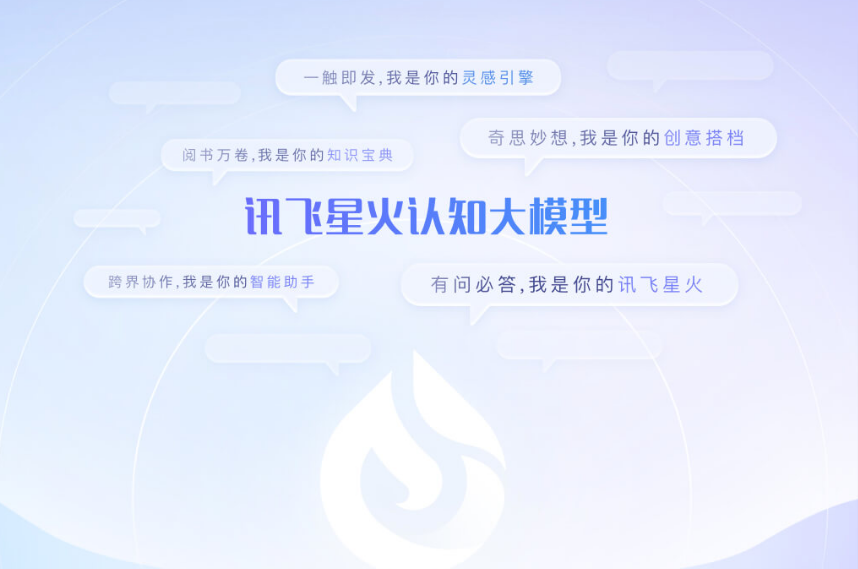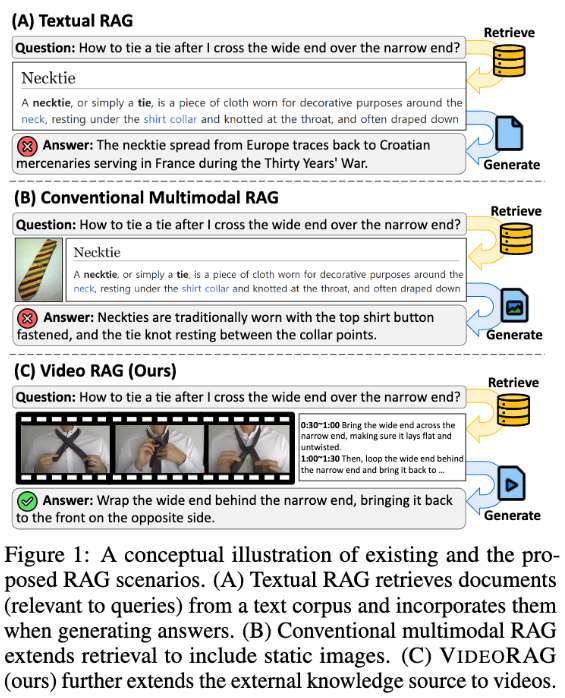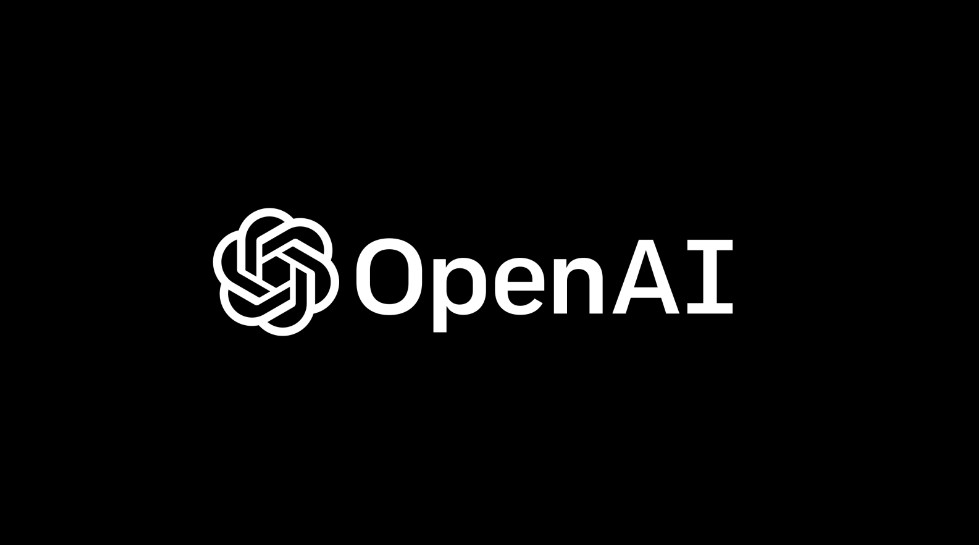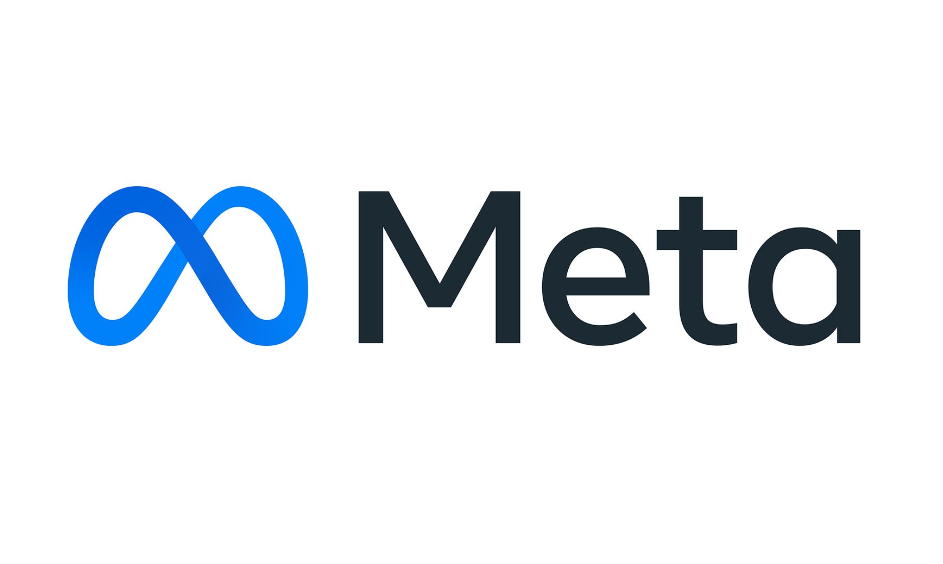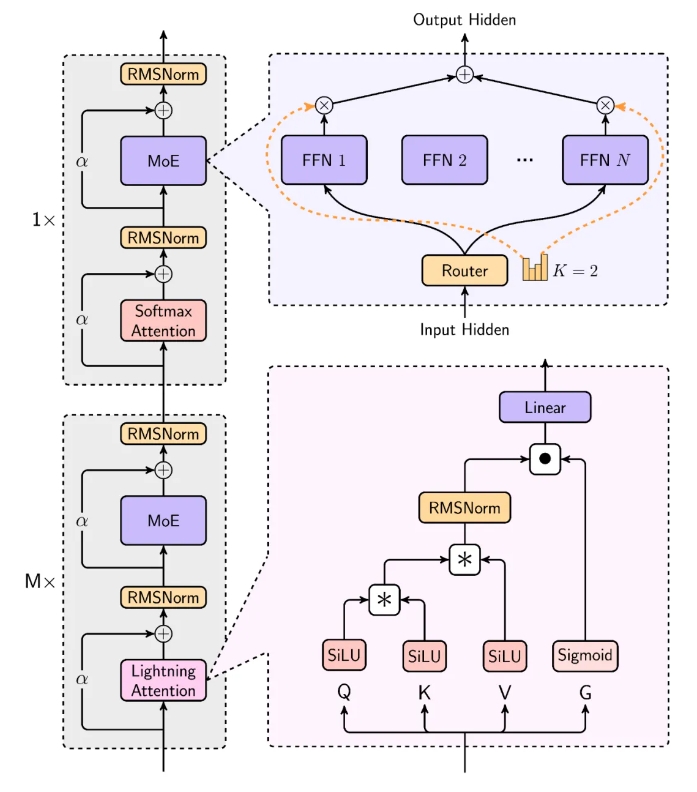Recently, there have been reports of a “surge” in the adoption of artificial intelligence (AI) technology by small businesses. For example, organizations such as Verizon, Salesforce, and the Associated Press have stated that many small businesses are using AI to drive revenue growth and enhance competitiveness. However, as a small business owner, I have to say that these statements are overly optimistic and nothing could be further from the truth.

In fact, the use of AI by many small businesses is still in its infancy. While we haven’t completely ignored AI technology, most of us only occasionally try popular AI tools like ChatGPT and other chatbots. We ask questions, get help from these platforms, and even try to use them to write contracts and policy documents. But we don’t follow blindly, and we understand that these AI-generated answers are not always accurate, and we have experienced system glitches and delays.
In contrast, large enterprises are more active and mature in their investment and application of AI. For example, companies such as JPMorgan Chase and UBS are developing AI platforms to provide analysis, trading and customer advisory services. Small businesses, on the other hand, often rely on AI capabilities provided by software vendors, which often focus on automating daily operations and optimizing workflows.
In the future, as technology develops, small businesses may have access to powerful AI systems at a lower cost. These systems can help us handle customer inquiries, generate quotes, send invoices, etc. However, most small business owners currently still have doubts about the reliability of AI and data security. So, despite reports that the use of AI in small businesses is growing rapidly, this has yet to truly materialize.
Widespread application of artificial intelligence in small businesses is still some way off, and many business owners are still taking a wait-and-see attitude, waiting for more mature and reliable solutions.
AI courses are suitable for people who are interested in artificial intelligence technology, including but not limited to students, engineers, data scientists, developers, and professionals in AI technology.
The course content ranges from basic to advanced. Beginners can choose basic courses and gradually go into more complex algorithms and applications.
Learning AI requires a certain mathematical foundation (such as linear algebra, probability theory, calculus, etc.), as well as programming knowledge (Python is the most commonly used programming language).
You will learn the core concepts and technologies in the fields of natural language processing, computer vision, data analysis, and master the use of AI tools and frameworks for practical development.
You can work as a data scientist, machine learning engineer, AI researcher, or apply AI technology to innovate in all walks of life.
